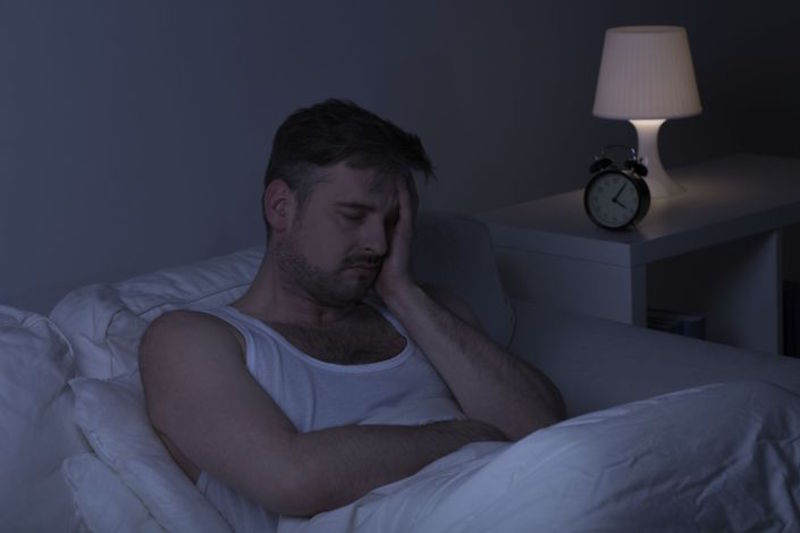After a long day, there is nothing better than getting into bed for a good night’s rest. However, according to the most recent Sleep Index study conducted by the National Sleep Foundation, 35% of their adult sample reported either “poor” or “fair” sleep, while 25% stated that they awoke still feeling tired at least once in the past week. The Centre for Disease Control and Prevention has gone to far to declare poor sleep as a national health epidemic.
There are a variety of reasons that health professionals believe have lead to the increase in sleep problems in the current population. For some, the root cause is the fact that many of us spend so much time in front of screens that once we finally decide to go to sleep, our brains are unable to shut off. It has been recommended that we stop using electronic devices at least one hour before bed; that means no Facebook creeping right before you hit the hay.
Here we discuss the top eight most common sleep disorders that are keeping us from getting a good night’s rest. If any of the following sound like your (lack of) sleep experience, we advise that you bring it up at your next doctor’s visit. There are medications and other treatments that can help you get the sleep your body needs.
Insomnia

Almost one-third of American adults supper from some sort of insomnia, which is characterized by not being able to fall asleep and not being able to stay asleep once you finally get to sleep. According to Dr. David Neubauer, associate psychiatry professor at the John Hopkins Medical Centre, “if you made a list of the most common sleep disorders in America, it would go something like insomnia, insomnia, insomnia, sleep apnea, insomnia, and then all the rest.”
We often have trouble falling asleep if we are nervous or anxious about a specific upcoming event or something that happened during our day. However, a context specific night of bad sleep would not be considered insomnia. In contrast, insomnia is a chronic issue, meaning that it happens consistently. In order to be considered chronic insomnia, the sufferer must experience Insomnia most nights for at least one month
High levels of stress, anxiety, and/or depression can cause insomnia. Some medications can also cause sleep issues like insomnia. Those who abuse drugs or alcohol also report higher levels of insomnia due to the altered brain chemistry that can be a result of prolonged drug and alcohol use. In order to treat Insomnia, most doctors suggest either Cognitive Behavioral Therapy, medication, or a combination of the two.
More from Things Health
-
Visual Signs of Poor Health That You Probably Ignore (But Shouldn't)
We often think that being diagnosed with an illness such as diabetes, heart disease, stroke or cancer as something that happens out of the blue.…
-
Treat Constipation At Home With These Common Foods
Constipation is a condition where there is difficulty in emptying the bowels, in most cases, due to hardened feces. In most cases, constipation is related…
-
9 Signs Your Loved One Might Have Alzheimer's Disease
According to the Alzheimer's Association there are over 5 million Americans who suffer from Alzheimer's disease, most of whom are over the age of 65.…
-
10 Addictions that Could Be Affecting Your Life
You’re out for dinner with a friend, but are you catching up with them, or spending your time on Facebook, Twitter or Instagram? Today it’s…
-
Symptoms Of Epilepsy
Epilepsy a neurological disorder marked by sudden recurrent episodes of sensory disturbance, loss of consciousness, or convulsions, associated with abnormal electrical activity in the brain.…






